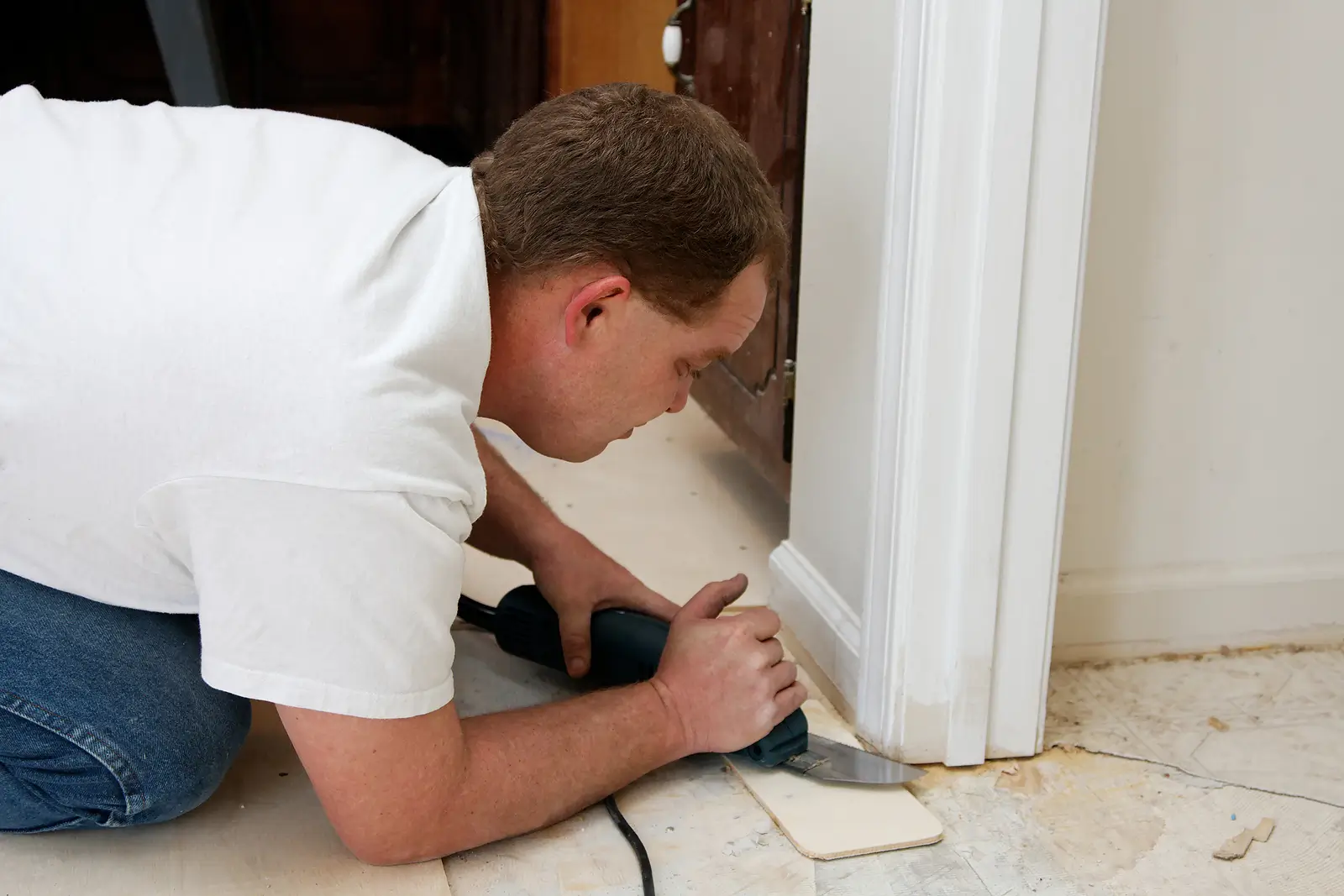Owning a rental property in Hillsborough, North Carolina, comes with plenty of rewards, but also the responsibility of following state landlord-tenant laws. One of the most common points of tension is the difference between normal wear and actual damage.
Understanding this difference helps both landlords and tenants avoid disputes, legal action, or even county court cases.
What Counts as Normal Wear and Tear?
Normal wear is the natural deterioration that occurs in a rental unit over time from regular use. This might include worn carpet in high-traffic areas, minor nail holes, or paint that has faded due to sunlight. These changes happen even when a tenant maintains the dwelling unit in a sanitary manner, keeps plumbing fixtures clean, and follows building codes.
Damage such as broken plumbing fixtures, damaged structural components, or questionable conditions caused by neglect can be deducted from the security deposit money paid at the start of the lease agreement. This applies whether you’re renting a single-family home, apartment, or other rental property.
Lease Agreements and Tenant Duties in North Carolina
A detailed rental agreement or month-to-month tenancy sets clear expectations for both landlord and tenant. Tenants are expected to pay rent or periodic rental payments on time, report problems like loss of hot water or air conditioning promptly, and allow a reasonable time for repairs after giving reasonable notice.
Landlords’ obligations include keeping structural components in good repair, addressing code violations, ensuring functioning facilities, and arranging garbage removal. If a landlord fails to meet these requirements, tenants may be able to withhold rent under certain conditions — but this must follow North Carolina law.
Security Deposits and Notice Requirements
Under North Carolina law, when a tenant leaves, the landlord must return the deposit money within 30 days. Suppose deductions are being made for unpaid rent, late fees, intentional damage, or court costs. In that case, the landlord must send a written notice either by certified mail or hand delivery explaining why. If the landlord forfeits this requirement, they lose the right to keep any portion of the deposit.
To avoid disagreements, both parties should do a walk-through before the tenant moves, documenting the condition of the property.
Preventing Disputes in Hillsborough
Whether it’s a three-day notice for non-payment, the eviction process, or a dispute over intentional damage, Hillsborough landlords must follow North Carolina’s landlord-tenant laws and local regulations. Tenants have rights, but they also must avoid causing a continued unreasonable disturbance to other party members in the building or neighborhood.
Clear communication, good faith, and compliance with legal requirements are the best ways to avoid county court disputes.
Final Thoughts
Strong lease agreements, adherence to building codes, and fair handling of deposit money protect both landlords and tenants in Hillsborough, NC. If you want expert help managing your rental property, from security deposit rules to the eviction process, Gates Management and Realty is here to guide you. Visit our Services page or Contact Us today.
FAQs About Normal Wear and Tear in Hillsborough, NC Rentals
1. What qualifies as normal wear in North Carolina?
It’s the everyday aging of a rental unit, such as worn carpet or fading paint, that happens even when the tenant keeps the property in good repair.
2. Can a landlord deduct for code violations?
Yes. If the tenant’s actions cause code violations or damage to exterior walls or structural components, the cost of repairs can come from the deposit.
3. How soon must my security deposit be returned?
North Carolina landlords must return deposit money within 30 days, excluding weekends and legal holidays. If more time is needed for repairs, they may extend to 60 days with proper notice.
4. What happens if the landlord doesn’t send proper notice?
If a landlord fails to provide written notice within the time required by state law, they forfeit the right to keep any portion of the deposit.
5. Can I withhold rent for repairs?
Yes, but only under specific conditions in North Carolina law, and after giving reasonable notice and a reasonable time for the landlord to fix the problem.
More resources:
- The Role of a Property Manager in Ensuring Lease Compliance and Avoiding Fines
- Top Mistakes Absentee Landlords Should Avoid in Hillsborough






